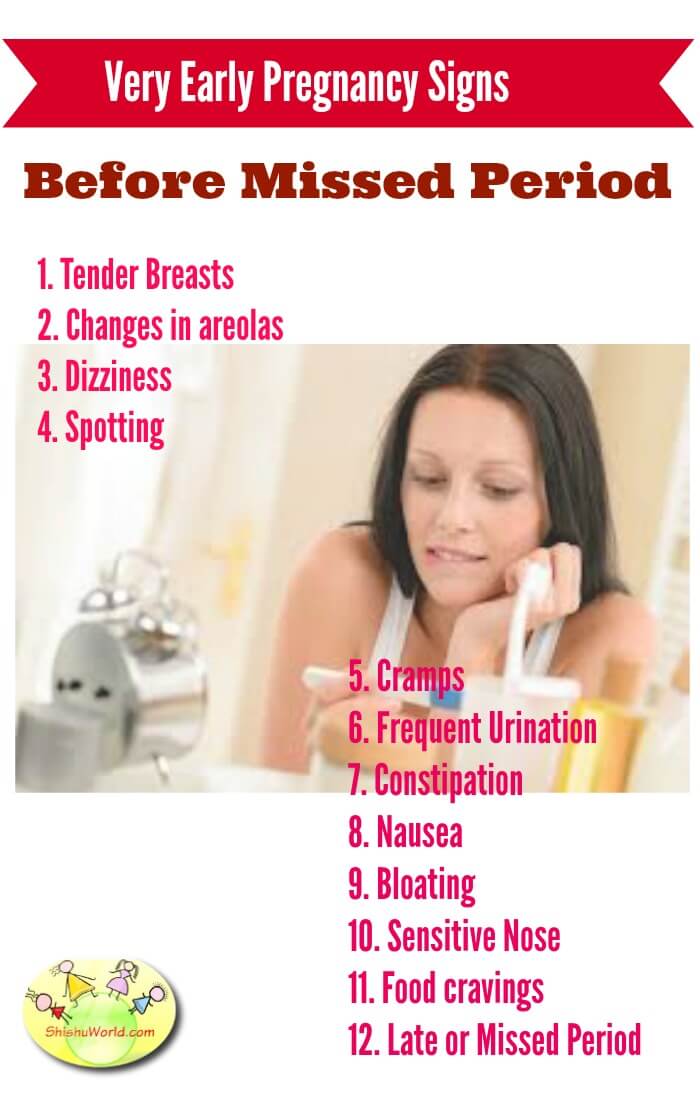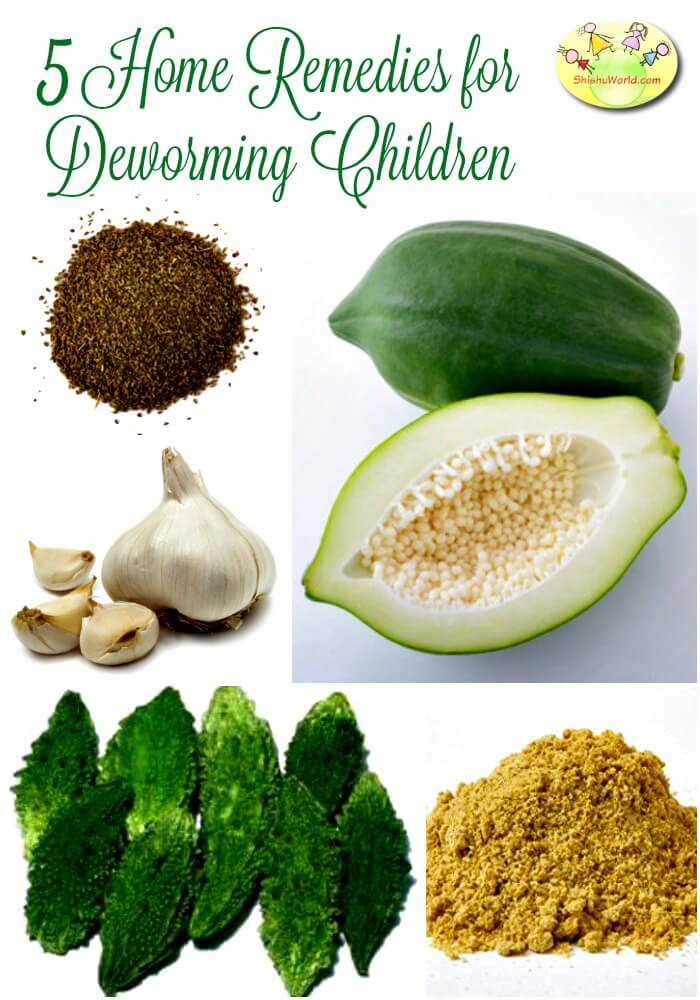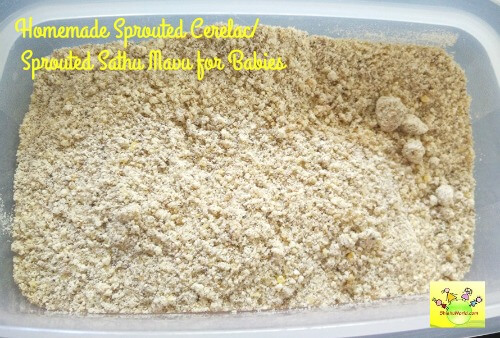Pregnancy and Ramadan : A guideline to healthy fasting for the mother and foetus
Can I fast when i am pregnant?
Is it safe for a pregnant woman to fast?
It is generally considered to be safe for pregnant women to fast, however each case is different and one must consider health concerns before making a commitment to fast. A consultation with the gynecologist will help an expecting mother gain a clear idea of the risks involved in fasting during a pregnancy. The doctor is likely to carry out a physical health examination and take a look at the patient’s medical history before making any recommendations. At the same time, one must also seek advice from the priest on how one can manage their pregnancy, and the various other options available for a pregnant woman as per Islamic laws.

Dr. Garima Jain shares the following guidelines to help keep mother and baby well-nourished:
- Hydration is essential
Experiencing dehydration is a common phenomenon while fasting, therefore one must make sure that they are consuming enough water on a daily basis. Water is responsible for carrying nutrients to the cells in our bodies and lack of enough water will make it difficult for the body to transfer nutrients to the baby.
- The suhoor and iftar meals
A pregnant woman must ensure that she is getting the right balance of proteins, carbs and fats. Given below is a list of foods that an expecting mother must include in her diet so to keep herself and the baby healthy:
- Fruits and Vegetables
The fresher it is, the better. One must have at least five portions of fruits and/or vegetables per day.
- Protein
Lean meats such as chicken and fish are good sources of proteins. Vegetarians can opt for beans, lentils, legumes, tofu so that they do not miss out on their quota of protein.
- Fats
Fats here refers to ‘healthy’ fats that are unsaturated (as opposed to saturated fats that are found in junk food). Mono-saturated fats are the best and are found in avocadoes, olives, most nuts and sunflower oil.
- Fiber
All whole-grain foods, pulses, fruits and vegetables are full of fiber. Intake of fibrous foods does not directly help the developing foetus, but it helps keep the mother’s digestive system moving smoothly, which contributes to overall well-being of the foetus.
- Calcium, Iron and Zinc
Calcium, Iron and Zinc contribute to the healthy development of the foetus. Meat, oily fish and dark leafy vegetables are rich sources of iron. Dairy products such as milk and cheese, soybean and tofu are full of calcium while seafood, beans, sunflower seeds and nuts are rich in zinc.
A pregnant woman can successfully go through her Ramadan fast by carefully monitoring her diet and ensuring that she does not over-exert herself at any point of the day. It is best to keep the doctor informed of any changes that occur in the body as well as problems that recur such as indigestion or heartburn. If at any point, the mother-to-be finds it difficult to keep up with the fast, it is suggested that she discontinues it (with consultation from the priest and doctor) so as to ensure that the baby’s development is not affected.
Author:
Dr. Garima Jain
Consultant Obstetrician and Gynecologist,
Apollo Cradle, Bangalore






